Skullcap is a flowering perennial plant (Scutellaria lateriflora) that is native to North America. Native Americans have used it for hundreds of years to treat menstrual problems, nervousness, digestive problems, and kidney problems. The flower is called a skullcap because it looks like the helmets worn by European soldiers. In the past, skullcaps were used to treat hysteria, nervous tension, epilepsy, and chorea. It is now mostly used as a sleep aid and sedative, usually with other herbs like valerian. Skullcap extracts are made from the parts of the Scutellaria lateriflora plant that grow above the ground. They contain a lot of flavonoids, such as scutellarin and baicalin, which are thought to be the active ingredients that calm and relax muscles. People think that the flavonoid compounds may act like benzodiazepines, which are agonists for gamma amino butyric acid (GABA). There are more than 200 different kinds of Scutellaria, each with its own parts, functions, and possible dangers. You can get skullcap as a powder to make tea, as a liquid solution, or in capsule form. Scutellaria is listed as an ingredient in many over-the-counter herbal mixtures that can be bought in stores.
Table of Contents
How is skullcap used?
- The name "skullcap" can be used for any plant in the Scutellaria family, but most natural medicines use American and Chinese varieties.
- The American skullcap, or Scutellaria lateriflora, is a North American perennial herb. When the plant is in bloom, it is covered with tiny blue flowers that look like tubes.
- In traditional herbal medicine, the leaves of the American skullcap have been used as a sleep aid and to treat things like anxiety and fits. Native Americans valued the plant for how well it worked as a medicine.
- The Chinese skullcap, or Scutellaria baicalensis, is a plant that is native to Asia and Russia.
- The dried roots of this plant have been used for hundreds of years as a traditional Chinese medicine called Huang Qin to treat diarrhoea, insomnia, dysentery, high blood pressure, bleeding, respiratory infections, and inflammation.
- In Asia, Huang Qin is used in herbal medicines like Xiao Chai Hu Tang or Sho-saiko-to (SST), which is a popular mix used to treat fevers, stomach problems, and liver disease.
Folklore and history:
The Cherokee and other Native American tribes knew skullcap as a strong herb that helped women get pregnant. In some tribes, it was used in ceremonies to mark the coming of age of young girls. The Iroquois used a root infusion to keep their throats clear, and other Native American tribes used bitter species that are closely related to this one as kidney tonics. Native Americans used the herb to get visions and as a ceremonial plant that could be smoked like tobacco.
Physiomedicalism were members of an Anglo-American school of herbal medicine in the 1800s. They were the first people to find out that skullcap could be used as a nerve tonic. They knew it affected the nervous system "deeper" than any other herb and used it to treat hysteria, seizures caused by epilepsy, and serious mental illnesses like schizophrenia. This is how it got the name "mad weed."
Health benefits of skullcap:
- Relieves Anxiety
Skullcap tea is a popular way to keep your hormones in check because it makes your body release endorphins and keeps your mood in check. If you get upset for no reason and are always tense, a simple cup of this tea might be just what you need. Since phenolic compounds are high in antioxidants, they can have a wide range of effects on our hormone balance. There are many herbs that can help with stress and anxiety, like saw palmetto.
- Lessens pain
Skullcap has analgesic properties, which means that it can help relieve pain all over the body. It does this in part by reducing inflammation. The dried one, on the other hand, can be made into a paste and put directly on the painful area. This can help a lot with healing wounds or getting better after an injury. Also, if you put it on small cuts and bruises, they will heal faster because the phenolic compounds and flavones in it help blood flow to the skin and keep it from getting infected.
- Relaxes the nerves
If you have a nervous disorder, you may have had seizures or other spasm-like symptoms because of a problem with your nervous system. Skullcap tea can calm the nerves and stop these attacks from happening. It has been used for a long time to reduce the number and severity of seizures in these patients. This good effect has also been linked to adding skullcap to a glass of water once a day.
- Gets rid of toxins
If you want to get rid of toxins in your body and improve your health as a whole, skullcap tea may be just what you need. Skullcap has been linked to increased antioxidant activity in the liver, which is one of the organs that takes the longest to heal. This effect can make your liver work much better. This lowers the amount of toxins in the body and blood, which improves health and wellness all around.
- Manages Diabetes
Keeping insulin and glucose levels in check is important, and it looks like skullcap can help the pancreas make more insulin and keep insulin levels in the body in check. Also, it has been linked to lower levels of cholesterol, which is a factor that makes diabetes worse.
- A Healthy Heart
By lowering the amount of cholesterol in the heart, skullcap can lower the risk of atherosclerosis, heart attacks, coronary heart disease, and strokes, which often happen when plaque builds up in the arteries.
- Weight Loss
Even though research on this part of skullcap is still limited, it seems that the way it lowers triglycerides when combined with a healthy diet can help people lose weight quickly.

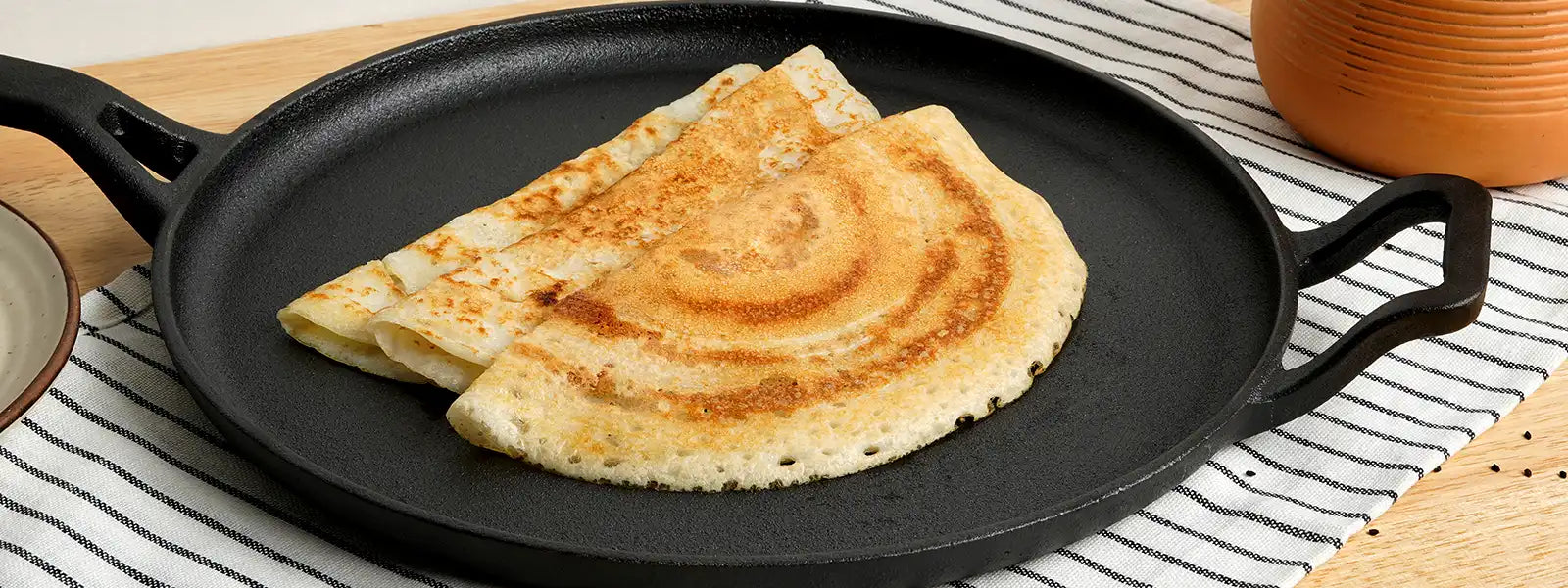
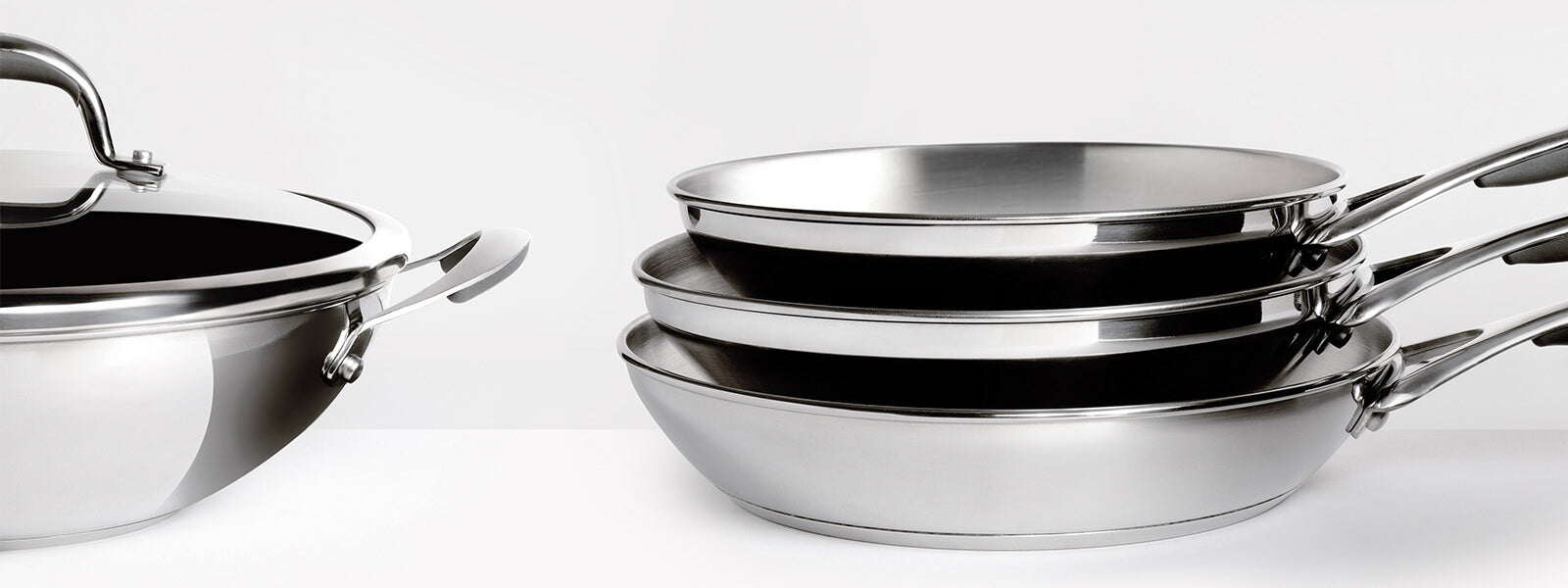
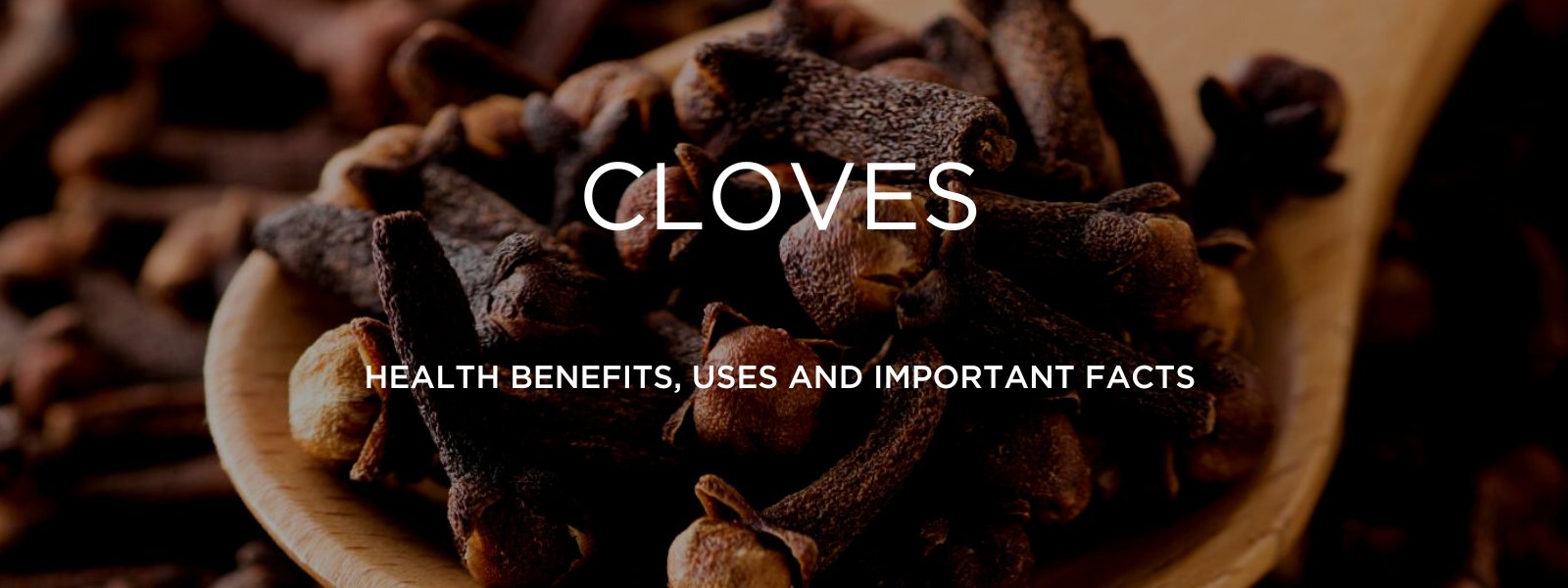
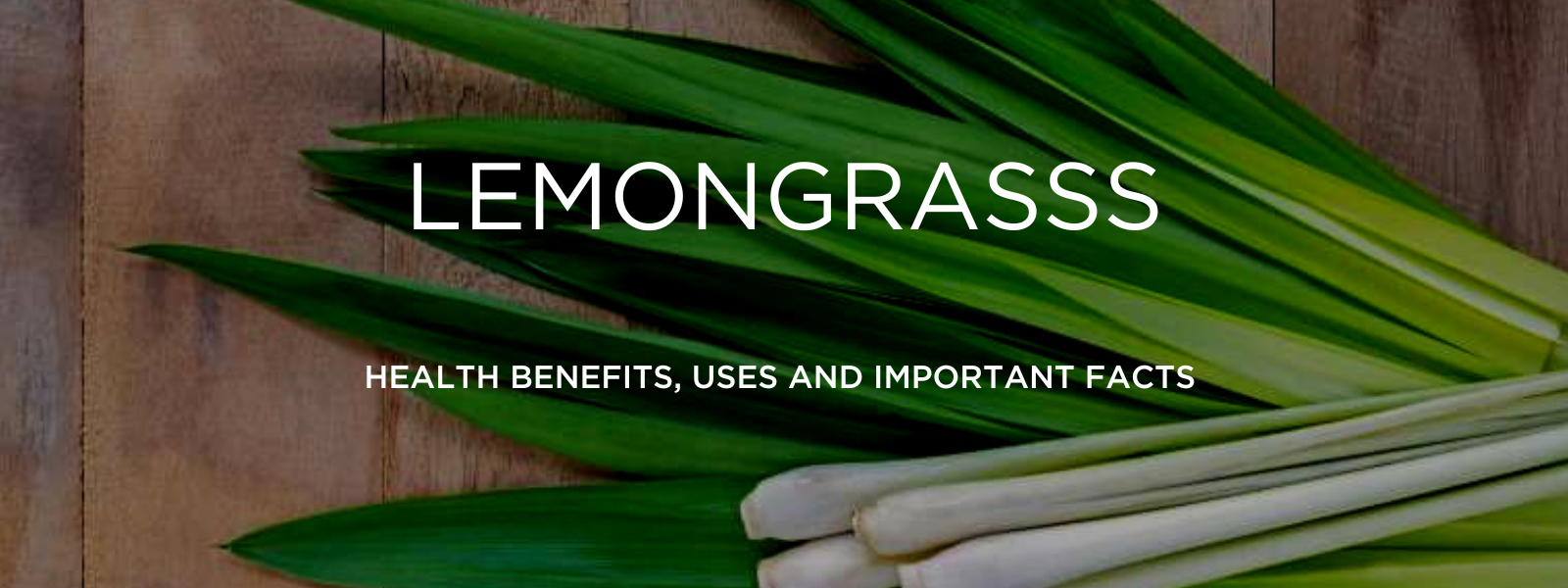
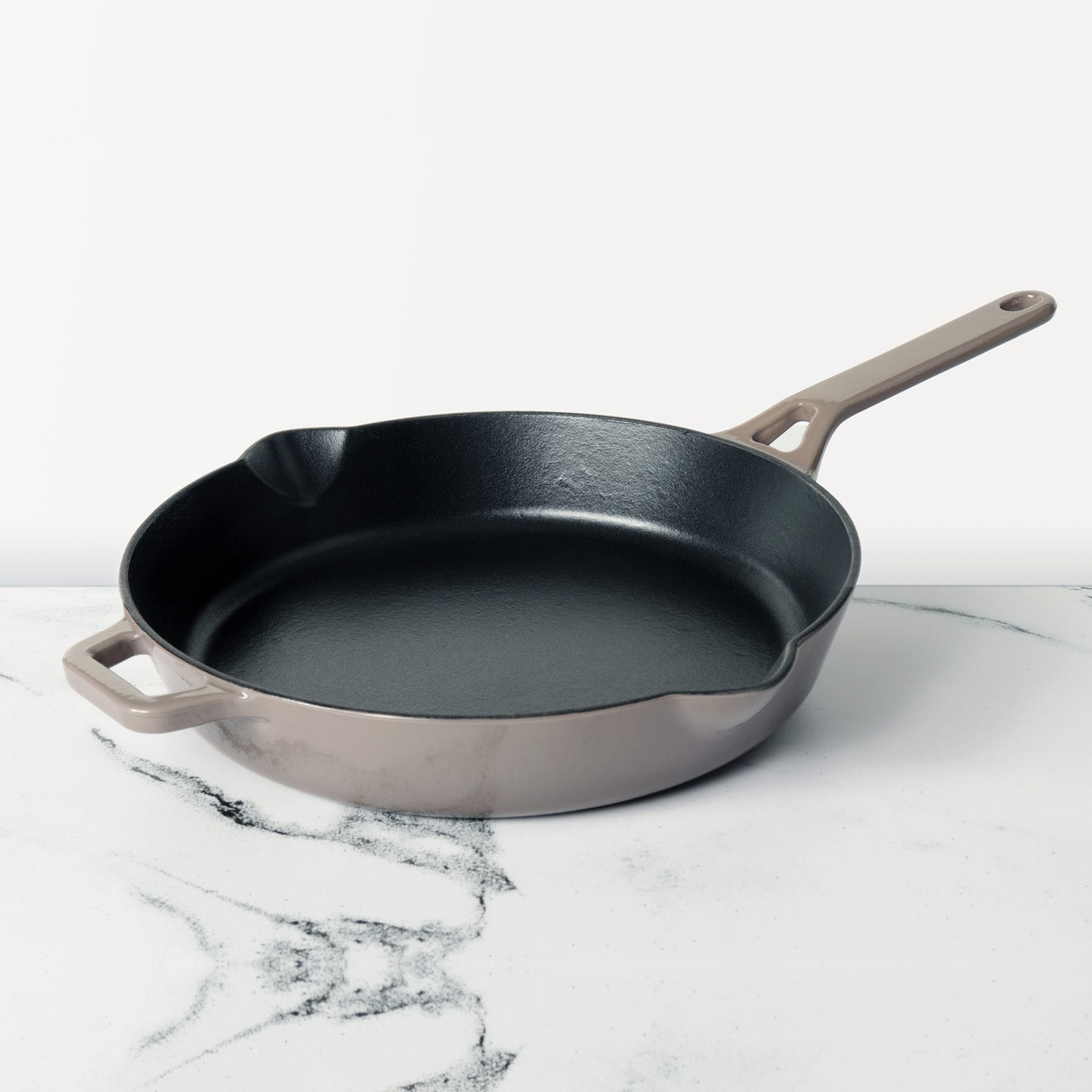
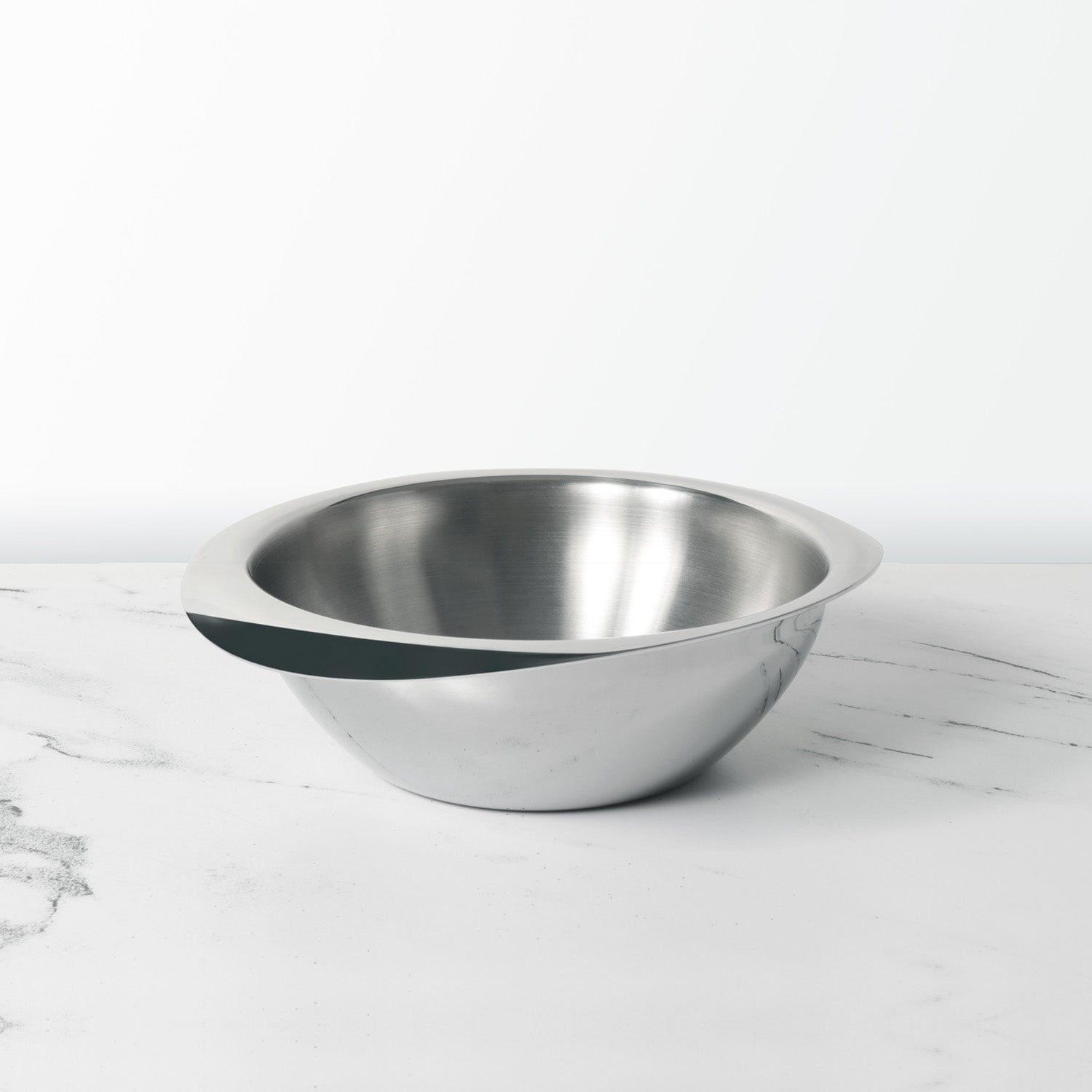




Leave a comment